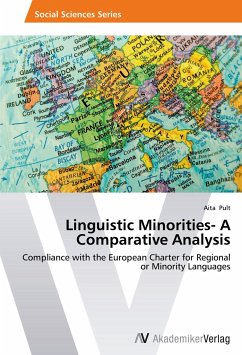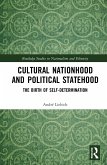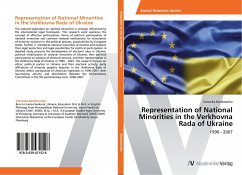The European Charter for Regional or Minority Languages is a very complex document due to the great diversity of linguistic situations in Europe. However, thanks to its monitoring system, the treaty has become the most important tool for evaluating linguistic minority policy today. The present thesis aims to explain variation between three contracting parties in compliance with provisions of this treaty. A comparative case study was conducted in order to examine the legal status of linguistic minorities in Switzerland, Germany and the Netherlands. Previous research shows that NGOs play an important role in furthering treaty compliance and effectiveness. In order to understand the reasons for countries' divergent compliance levels, three aspects have been considered: (1) The role of the respective NGOs during the ratification process; (2) the factor of decentralized governance; (3) the use of direct democratic instruments.
Bitte wählen Sie Ihr Anliegen aus.
Rechnungen
Retourenschein anfordern
Bestellstatus
Storno








